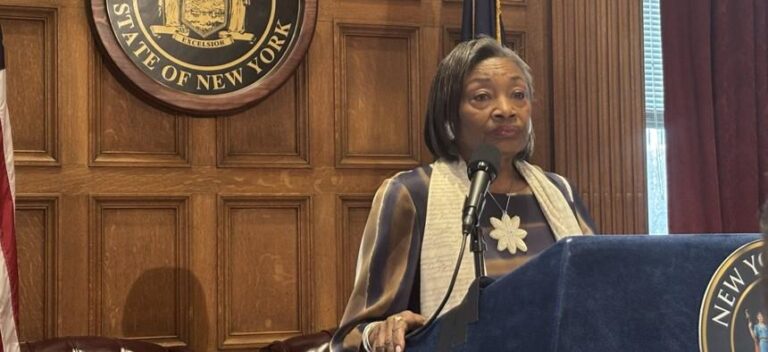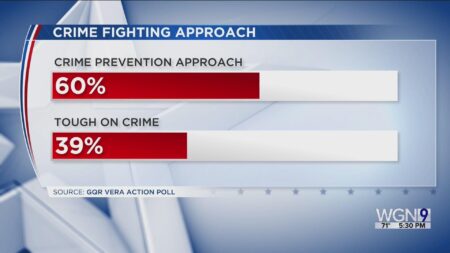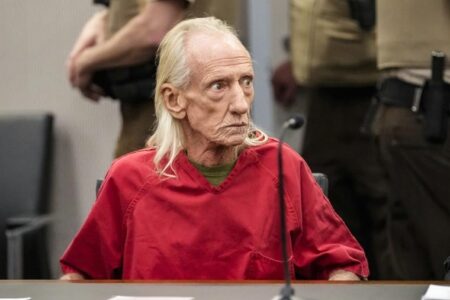Veteran Legislative Leader Accused of Corruption, Sparking Public Trust Concerns
In a dramatic revelation shaking the political arena, prosecutors have charged the longest-tenured state legislative leader with exploiting their position for personal enrichment. Newly released court filings reveal a disturbing narrative of corruption and power misuse at the pinnacle of state governance. This landmark case spotlights urgent issues surrounding ethical conduct, transparency, and the responsibilities of elected officials to their constituents.
Officials allege that this influential figure, who has shaped state policy for decades, engaged in multiple illicit activities that betrayed public confidence. The charges include the misappropriation of government funds, acceptance of unlawful campaign donations, and biased awarding of state contracts. These serious accusations threaten to undermine years of public service and highlight critical gaps in governmental oversight.
Highlighted allegations include:
- Diverting state assets for personal benefit.
- Concealed financial dealings favoring close associates.
- Manipulating legislative procedures to serve private interests.
| Charge | Alleged Conduct | Possible Consequences |
|---|---|---|
| Misappropriation of Funds | Reallocation of budget lines | Up to 10 years imprisonment |
| Bribery | Undisclosed campaign contributions | Fines and removal from office |
| Obstruction of Justice | Interference with official probes | Additional legal penalties |
Examining the Breadth of Misconduct and Its Repercussions on State Administration
The accusations against this long-standing legislative leader have intensified scrutiny on the decline of ethical standards within state government. Prosecutors contend that the official exploited their powerful role to funnel public resources into personal channels, violating the democratic ideals they pledged to uphold. This breach not only erodes public confidence in elected officials but also exposes significant weaknesses in existing oversight frameworks.
Analysts warn that the fallout from this scandal could extend beyond immediate legal consequences, potentially affecting legislative integrity, public infrastructure projects, and civic participation. The controversy has triggered a comprehensive review of systemic flaws, including:
- Insufficient transparency controls enabling unchecked discretionary authority.
- Weak accountability mechanisms within legislative institutions.
- Lobbying-related conflicts of interest and undue influence.
| Area | Effect | Proposed Response |
|---|---|---|
| Public Trust in Legislature | Declining voter confidence | Implementation of stricter ethical reforms |
| Allocation of Resources | Heightened risk of misappropriation | Strengthened auditing and transparency protocols |
| Institutional Credibility | Damage to reputation | Formation of independent investigative panels |
Expert Insights on Accountability and the Importance of Oversight Structures
Legal authorities stress the necessity of comprehensive oversight systems to maintain public trust and enforce accountability within state legislatures. The recent charges against the veteran lawmaker reveal systemic vulnerabilities that permit unchecked authority to thrive. Experienced legal professionals advocate for transparent governance tools such as autonomous ethics boards and routine financial audits to identify and prevent corrupt behavior early. Additionally, protections for whistleblowers are deemed essential to empower insiders to expose misconduct without fear of reprisal.
Ensuring accountability demands a layered strategy combining legal safeguards with cultural shifts toward ethical governance. Experts recommend adopting measures including:
- Compulsory disclosure of financial interests for legislators and their affiliates.
- Enhanced conflict of interest regulations to curb exploitation of public office.
- Greater public accessibility to legislative debates and decision-making processes.
| Oversight Tool | Function | Benefit |
|---|---|---|
| Ethics Committees | Probe allegations of misconduct | Foster institutional integrity |
| Financial Audits | Track and verify expenditures | Detect and deter fraud |
| Whistleblower Safeguards | Protect informants | Promote transparency and accountability |
Strategies for Enhancing Ethical Practices and Transparency in Legislative Bodies
To rebuild public trust and avert future misconduct, state legislatures must enforce rigorous ethical standards governing the behavior of all elected representatives. Transparency initiatives should be broadened to mandate real-time reporting of financial dealings, lobbying activities, and potential conflicts of interest. Regular ethics training should be compulsory, emphasizing responsibility and the public’s entitlement to open governance. Furthermore, independent ethics commissions with investigative authority should be established nationwide to ensure impartial enforcement.
Concrete measures to strengthen legislative integrity include:
- Quarterly updates of financial disclosures instead of annual filings.
- Publicly accessible digital platforms that allow citizens to monitor bill sponsorships and official communications.
- More stringent lobbying rules, including mandatory cooling-off periods before former legislators can engage in lobbying.
- Robust whistleblower protection laws to encourage reporting of unethical conduct without fear of retaliation.
| Recommendation | Objective |
|---|---|
| Quarterly financial disclosures | Enhance timely accountability |
| Independent ethics commissions | Guarantee impartial oversight |
| Open data portals | Increase public transparency |
| Whistleblower protections | Safeguard integrity during investigations |
Conclusion: Key Insights and Future Outlook
The charges leveled against the longest-serving state legislative leader highlight persistent challenges related to ethical governance and accountability in public office. As the investigation unfolds, this case serves as a critical reminder of the necessity for transparency, vigilance, and robust oversight to protect the public interest. Stakeholders and citizens alike will be closely monitoring developments, underscoring the ongoing demand for integrity in government.







